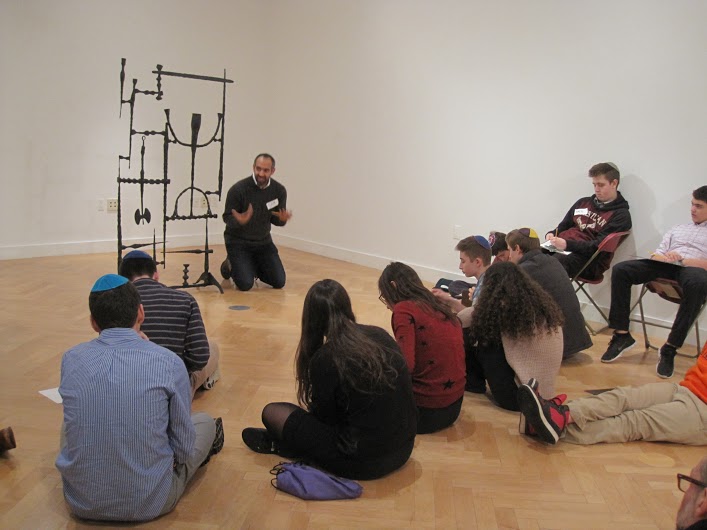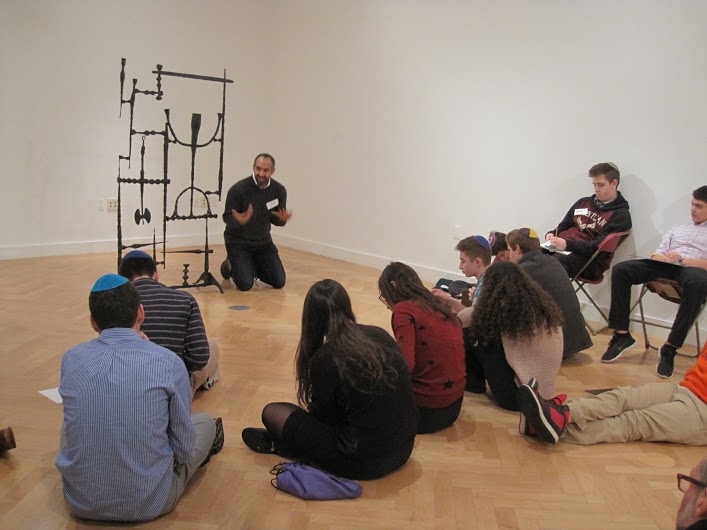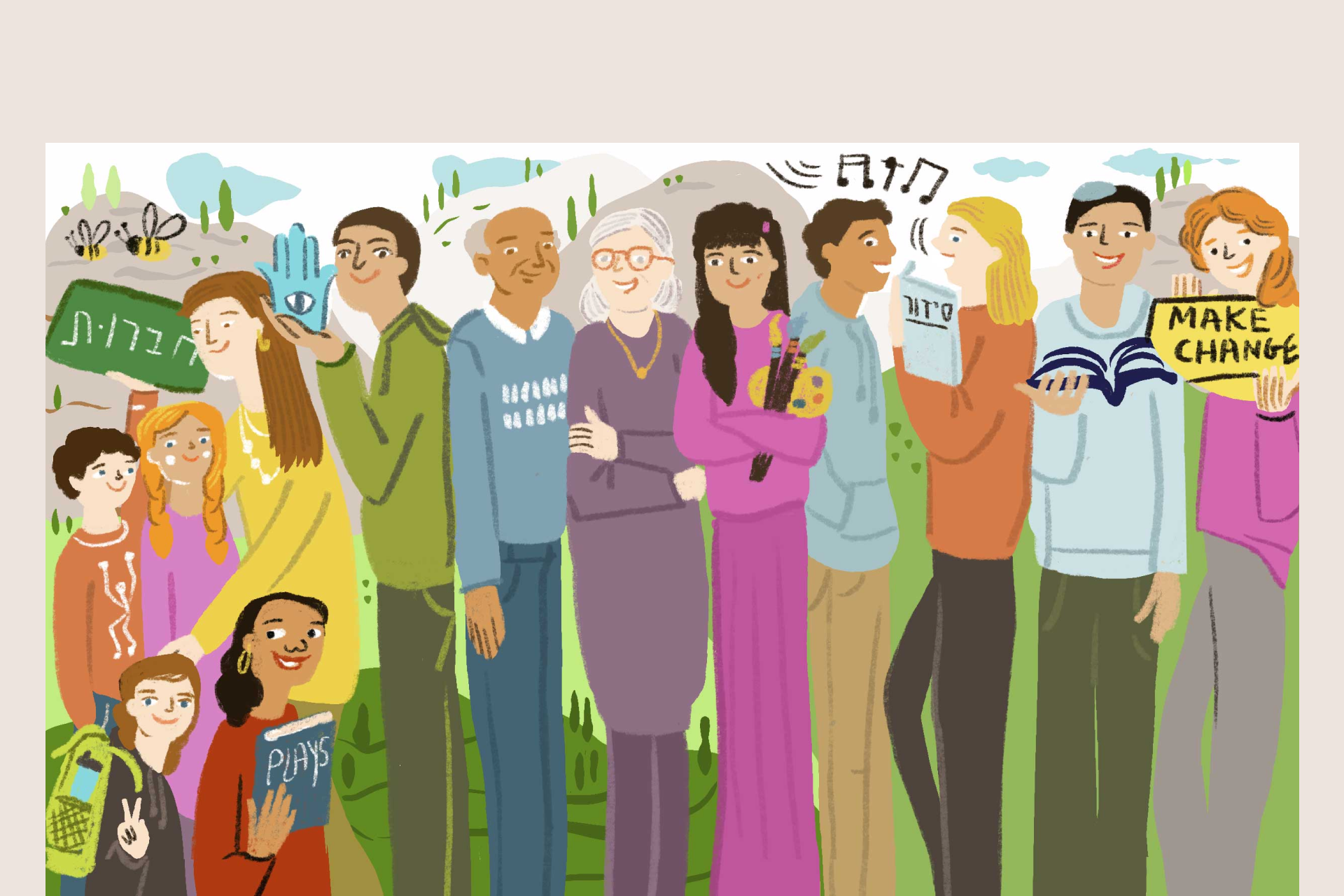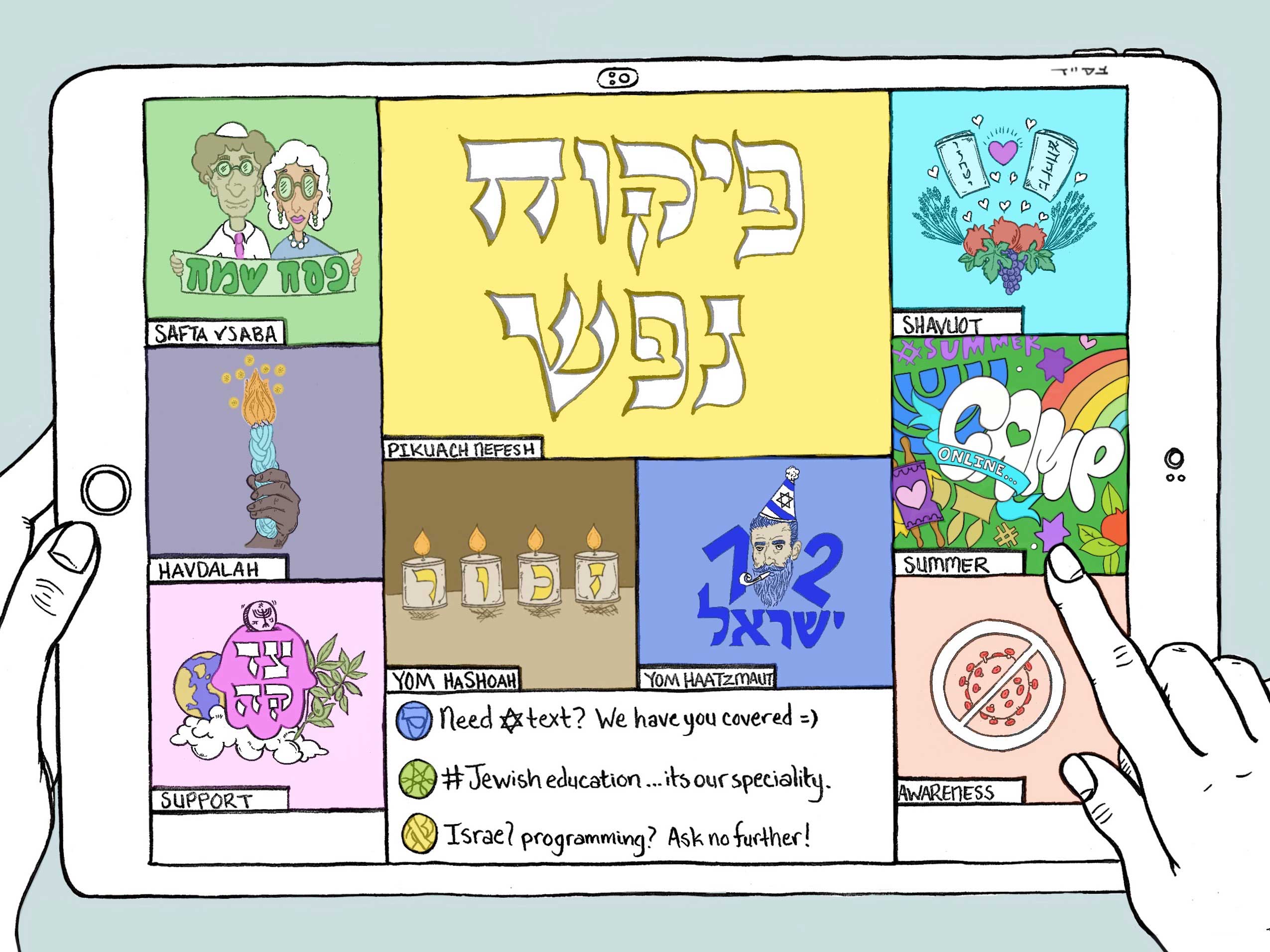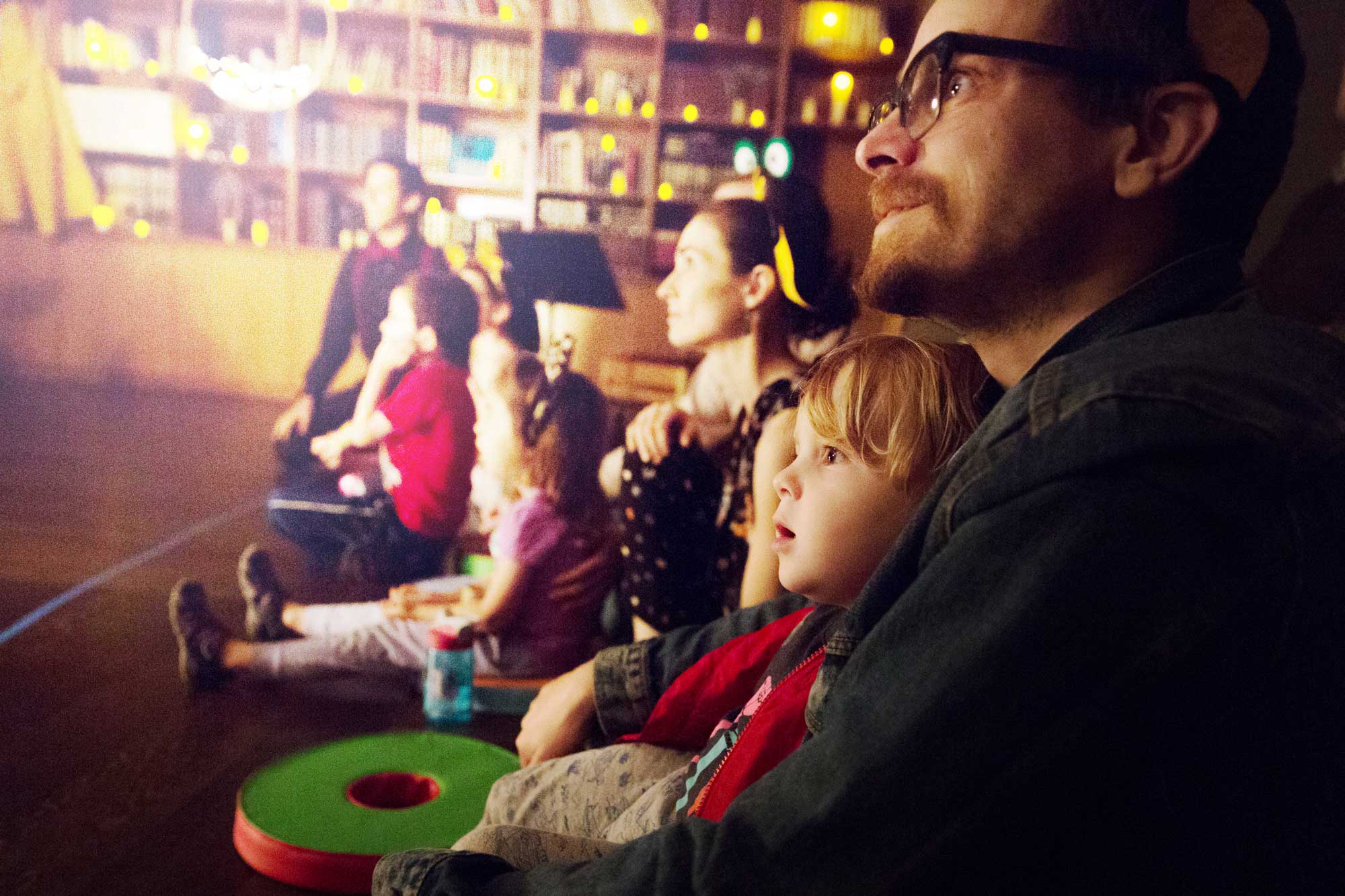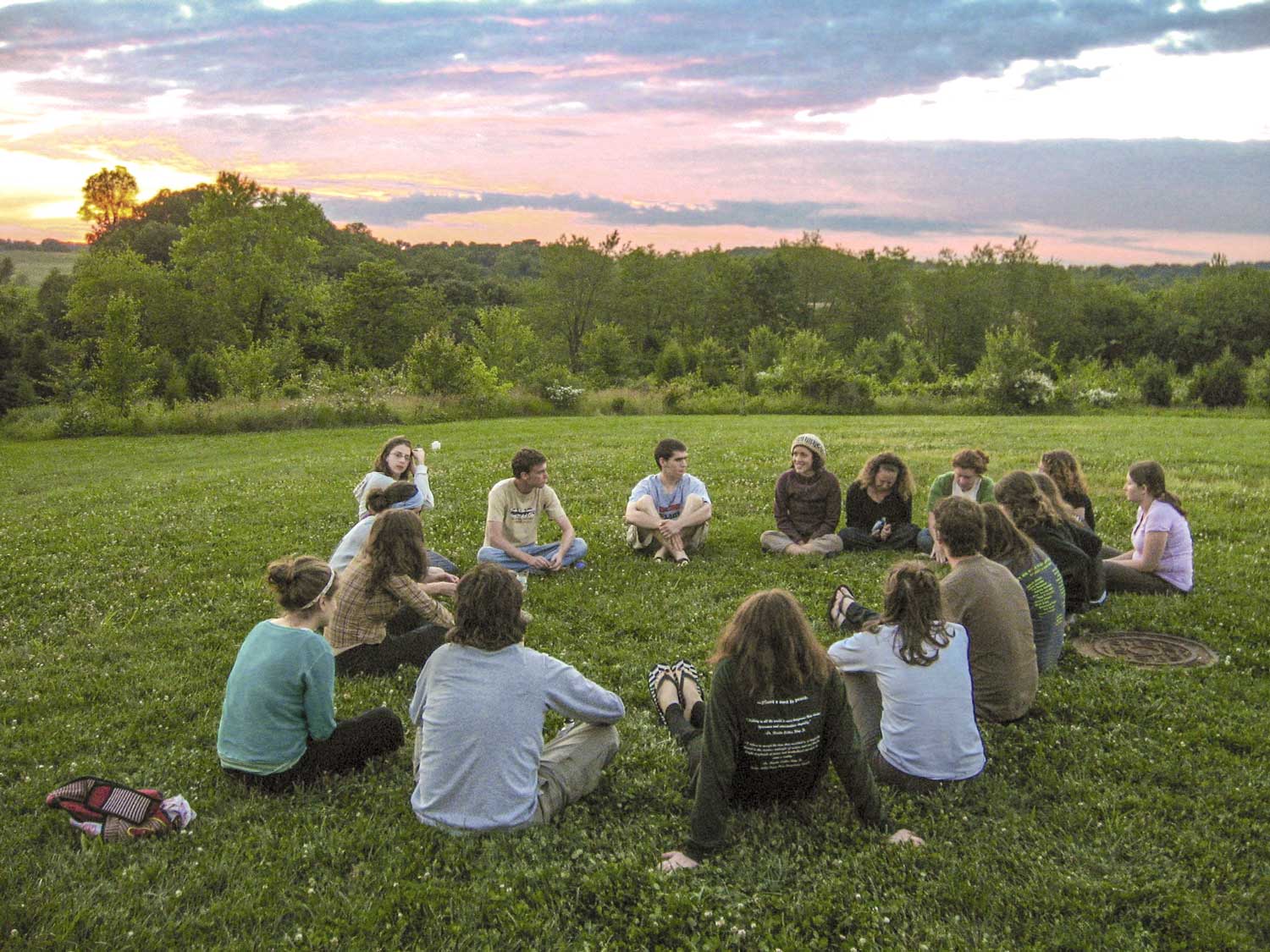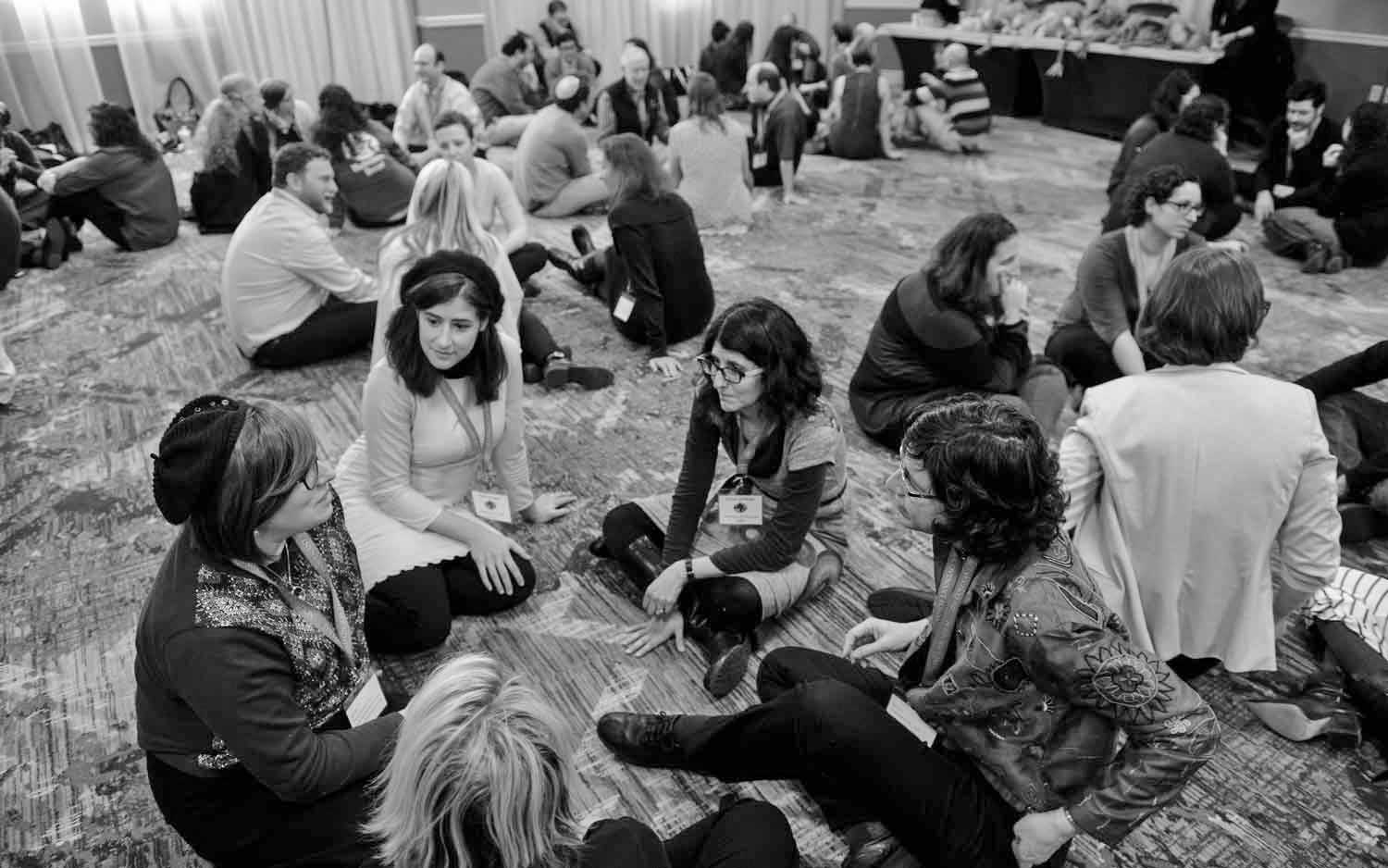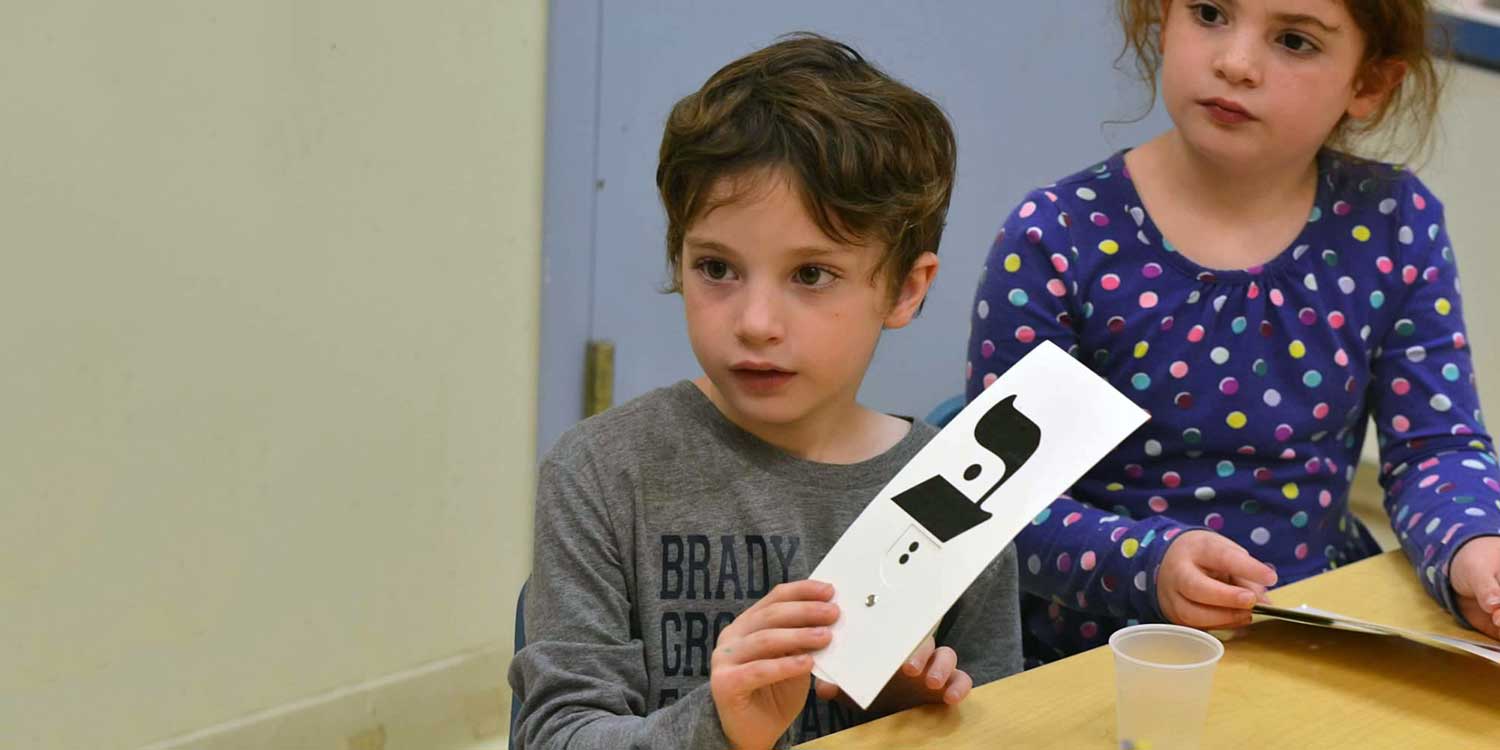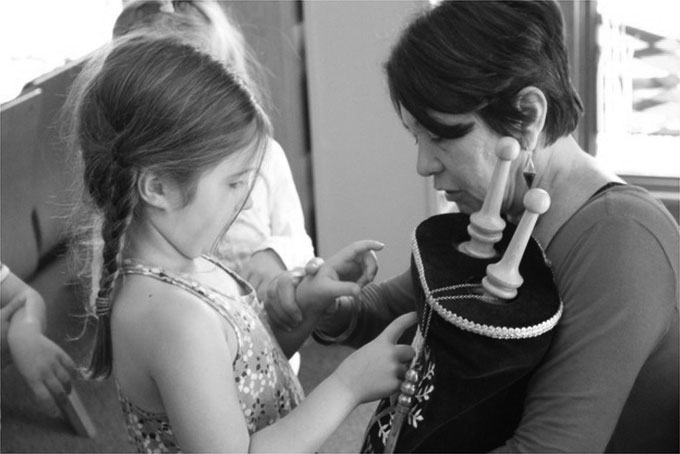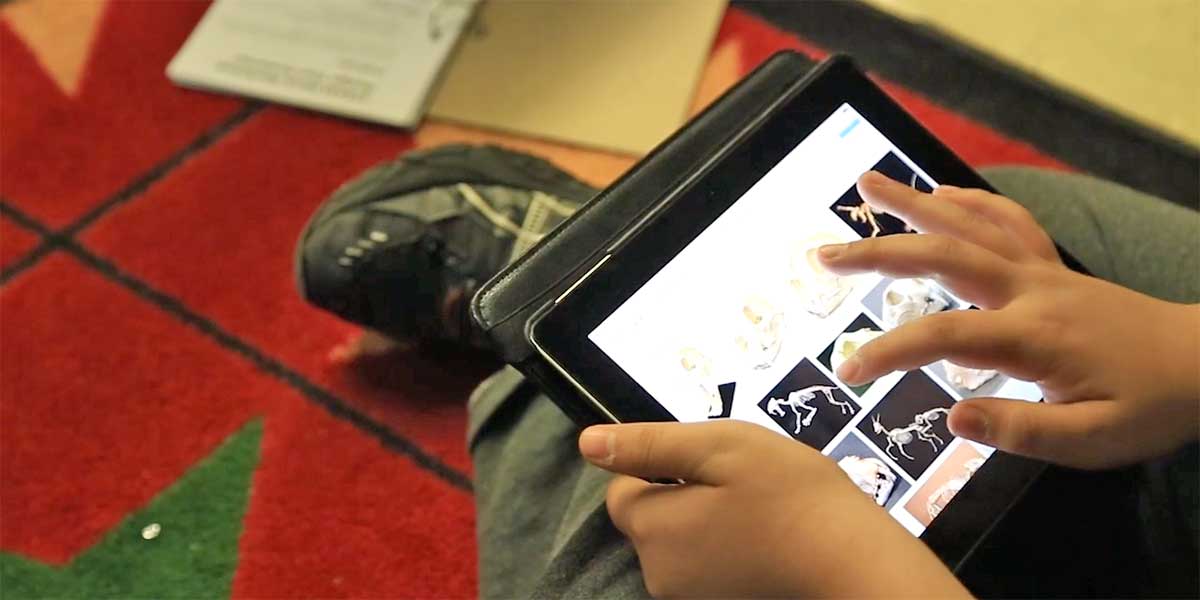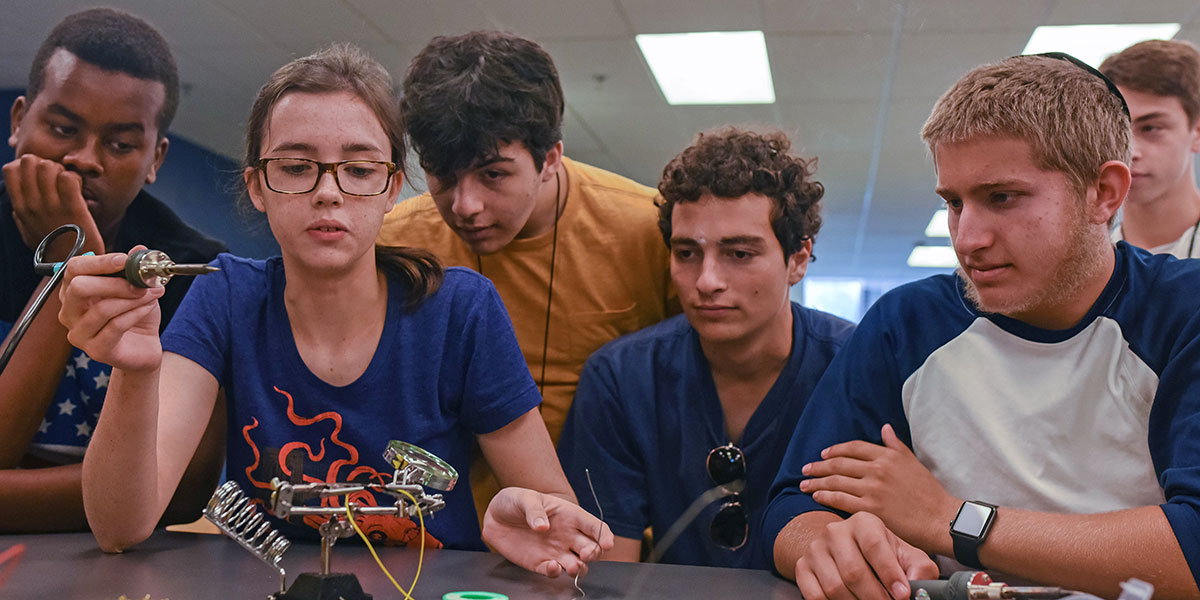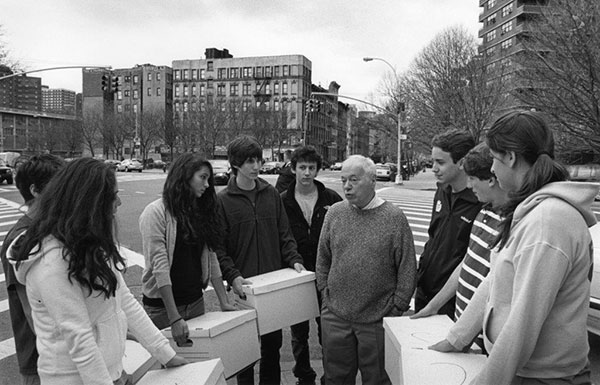ARTICLE The Covenant Foundation Ignition Grants: Sustainability and Impact Report
Executive Summary
Covenant Foundation “Ignition Grants,” small-scale grants introduced in 2007, provide seed funding of up to $20,000 for a single year. Created with the idea that a small seed might spark big innovation, Ignition Grants allow organizations to explore new and exciting ideas that are still in the planning stages.
And over the past seven years, Ignition Grants have done just that. Awarded to 46 organizations in nearly every area of Jewish education, recipients of Ignition Grants have developed pioneering and inventive ideas in the field of Jewish education, producing online Torah study and Hebrew apps, environmental and outdoor education programs, films, visual arts projects, special needs education curricula, teen leadership development programs and much, much more.
Now, with seven years of research and experience under our collective belts, our goal is to understand the impact of a small-scale funding approach. To do so, we’ve commissioned a study to explore questions including:
- What is the current status of the programs funded by Ignition Grants?
- How have these programs changed or expanded in the years since the grant ended?
- What kinds of interactions did Ignition Grantees have with others in their cohort, and would they have benefitted from additional opportunities for interaction during the grant period?
- What can we learn from exit interviews about the effects of receiving an Ignition Grant beyond the immediate financial impact of additional funds?
- Have any themes and patterns emerged across organizations, which might imply that the Ignition Grants have achieved even broader goals beyond the impacts on individual program participants?
What We’ve Found, in Brief
Based on exit interviews of Ignition Grantees that received funding between 2007-2012, as well answers those grantees provided to a web-based survey, we’ve discovered that the selection strategy used by The Covenant Foundation for Ignition Grants has been highly effective at identifying organizations and ideas with the capacity for long-term success.
In fact, of the 27 grantees that completed our survey, 24 reported that their program is still in existence and is central to the mission of their organization. In addition, almost two-thirds reported that their work had not only continued since the time of the grant, but had also evolved and expanded. Five Ignition grantees - IKAR, The Paradigm Project, The Institute for Jewish Spirituality, MoEd, and Reimagining Jewish Education through Art - subsequently received Signature Grants from the Foundation to continue and expand the work of their Ignition Grants. What’s more, other grantees have also successfully grown their initial pilot programs into larger projects often across multiple sites, and have expanded beyond their local communities to offer programming and curricula on a national scale.
Ultimately, it’s clear from both survey response and results in the field that small-scale funding can spark big accomplishments and impacts.
The Importance of Grantee Connections
For many Ignition Grantees, the small size of their organizations and their local focus makes it difficult to feel connected to the larger field of Jewish education and to participate in broader, forward-thinking conversations. To this end, we’ve found that the Covenant connection that’s established once an organization is awarded a grant has helped many grantees transcend organizational barriers. For some, the sense of connection came from the knowledge that there were others across the country engaged in similar work. In fact, a number of grantees developed relationships and connections with other organizations, some directly facilitated by the Foundation, others as a result of the funded projects that put the organization on the national stage.
From conference calls to webinars and networking at conferences, when multiple grantees were present, The Covenant Foundation has made networking and peer learning a central goal of the Ignition Grant experience. Based on our survey, 14 of the 24 survey respondents reported that they had interacted with other grantees during the time of their Ignition Grant. We also learned that half or more of our respondents would have appreciated conference calls or webinars for all Ignition Grantees (56%), in-person conferences for all Ignition Grantees (50%), and gatherings for grantees doing similar kinds of work (68%).
Impacts and Benefits for Ignition Grantees
For most of our grantee organizations, receiving a Covenant Ignition Grant provides both tangible and intangible benefits beyond the impact of the funding itself.
First, many grantees confirmed that their funding had allowed them the freedom to experiment and think “outside the box,” which expanded their capabilities as an organization. They also described how the Ignition Grant sparked a process of reflection and learning, and for some, created a “proving ground” for an idea or approach that ultimately impacted the entire organization. In addition, a few grantees made the point that the Ignition Grants provided just the right amount of funding for a process of experimentation and learning - enough to have a meaningful impact, but not so much that it creates pressure to accomplish more than an organization is ready to do.
Further, when asked to describe the impact of receiving a Covenant Ignition Grant, the most common response from grantees was gratitude for the ways in which the Covenant “stamp of approval” elevated the status and visibility of their organization. Grantees went on to describe how the prestige of being awarded a Covenant grant enhanced their sustainability by helping them secure additional funding and making their organizations and programs more attractive to potential partners. A number of grantees also reported that by receiving an Ignition Grant, their organization’s visibility increased both in their local communities as well as on a national level. In turn, this increased visibility helped their organization demonstrate that its work is significant and valuable.
Further, we’ve found that being chosen as a Covenant Grantee can have an impact on an organization’s own identity. To this end, a number of grantees spoke about how being awarded a grant gave them and their organization a new sense of purpose for their work, pride in their accomplishments, and a commitment to live up to the confidence that the Foundation had shown in them.
And finally, many grantees greatly valued their new (in most cases) relationship with The Covenant Foundation itself, citing both the knowledge, perspective, and insight of Foundation professionals as well as the accessibility, supportiveness, and guidance from staff members throughout the entire grant year.
Conclusion and Recommendations
The sustainability statistics described here, along with current program status reports and the multiple impacts described by our grantees, all speak to the success of the Covenant Ignition Grant program in achieving the Foundation’s goals.
The vast majority of programs funded by Ignition Grants have firmly taken root in their organizations, and more than half have secured additional funding (including Signature Grants), expanded their scope, and/or been adapted in other communities. Looking at cross-grant experiences and themes, it is clear that limited funding can have a profound impact on organizations.
The Covenant Foundation can both work to enhance these impacts for current and future grantees, and formulate frameworks for assessing which organizations might benefit most from the experience of receiving an Ignition Grant.
To accomplish these goals, we’ve come up with a number of suggested steps, including:
- Create more opportunities for in-person and web/phone-based grantee networking, possibly including both Ignition and Signature Grantees involved in similar kinds of work.
- Help Ignition Grantees think creatively about how to leverage the visibility and prestige of the Covenant Grant with their communities, the larger field, and potential funders.
- Structure grant reports and exit interviews to explicitly encourage reflection and identify lessons learned through the grant experience so that they might lead to broader organizational changes and enhancements.
- Continue to provide meaningful interaction between Covenant Foundation professionals and Ignition Grantees, both during the application stage and throughout the grant year.
- Assess potential Ignition Grantees both on the merit of their ideas and on how they might benefit from an Ignition Grant along multiple dimensions, by asking questions like:
- Are they at a stage in their growth where they could benefit from national visibility? Do they seem to have the capacity to (with guidance) take advantage of this visibility?
- Does their work fit with that of other grantees such that they might form useful connections and relationships?
- Do they exhibit the potential to be a reflective “learning organization” which can leverage the experimentation sparked by the Ignition Grant?
- Are the professionals involved with the program at a place where a “vote of confidence” from the Foundation regarding their work might have a significant impact on their career trajectories?
Ultimately, our research shows above all that a small-scale granting strategy deserves to be and should remain a core approach of the Foundation. The words of Leon Morris, former Director of the Skirball Center for Adult Jewish Learning, express it best: “I think it's wonderful. Keep funding out of the box projects that might not otherwise be funded. Keep investing in people and projects you believe in. This project was transformative for me, for the artists, and for Skirball.”
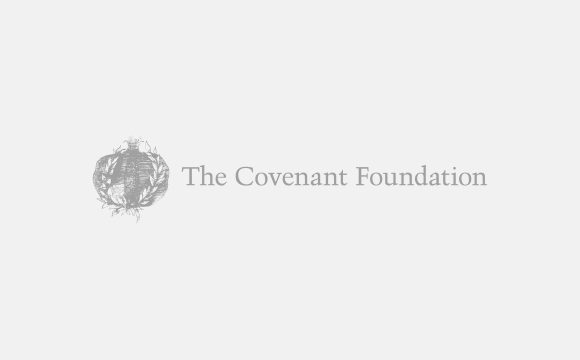
A Creative Learning Environment For The Covenant Foundation’s Current Grantees
997



